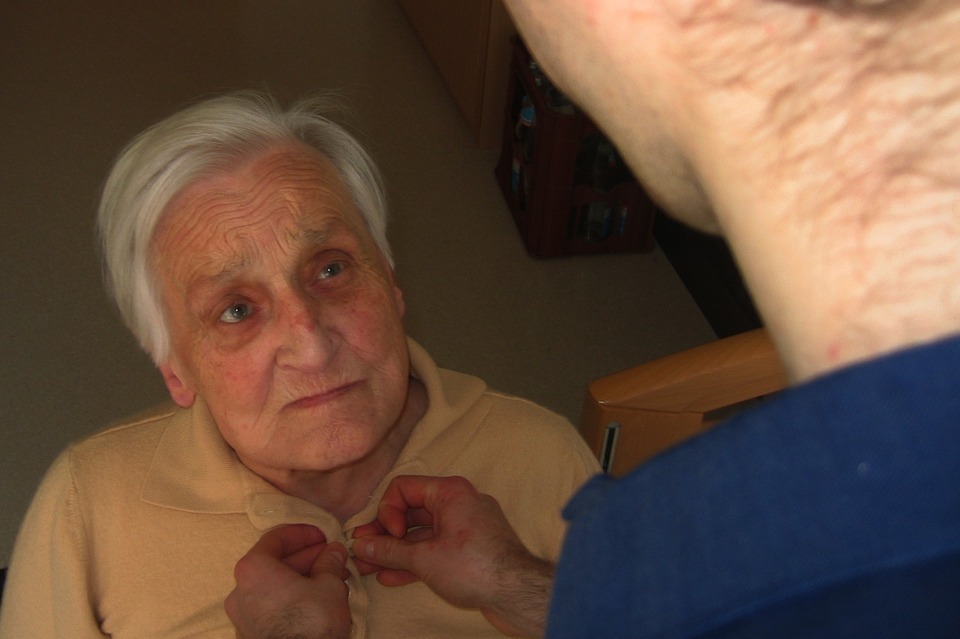Dementia is an illness or disease that deteriorates the brain cell to malfunction. Dementia is a progressive disease that gradually takes away the patients memory and ability to live a normal and healthy life.
This disease enters into one’s body via different symptoms through a series of stages. These 7-stages of dementia affect the cognitive skills of the diagnosed patient. Many times the early symptoms are associated with aging, therefore, the patient or its family members may not notice or simply ignore them. Once these symptoms occur frequently, upsetting the daily routine; the patient and its family members must carefully examine the situation and consult a physician.
Stage 1: No Impairment
Also known as the No Cognitive Decline stage, this is the time when the patient is independent in its functionality; both mentally and physically. The disease is undetectable and there is no evident memory impairment, in fact, most incidents appear casual and infrequent.
Stage 2: Very Mild Cognitive Decline
In this stage, the patient shows rare signs of forgetfulness and memory loss. This stage is often noticed by the patient itself and the physician or family members may not notice or associate the change as part of ageing. In this stage the patient may forget dates, events, car keys and other belongings but is completely fine to function independently and perform all routine tasks.
Stage 3: Mild Cognitive Decline
This is the stage when casual forgetfulness leads to difficulty in work. The patient is unable to focus, decide or recall which leads to a decline in performance. The patient may forget words to communicate, find it difficult to locate back or even not remember daily routine tasks. At this stage, the patients get frustrated, anxious and this change is also noticed by the family members. This stage usually lasts the longest, for almost 7 years where progress is slow yet becomes visible to people around the patient.
Up till now, the patient is not diagnosed or labeled to have dementia however when the patient enters stage 4.
Stage 4: Moderate Cognitive Decline
This stage is clinically known as Early Stage Dementia. At this stage the dependency of the patient increases, they tend to become extremely forgetful, lose their focus, cannot make decisions on their own or manage finances. Patients at stage 4 also find it difficult to travel alone, express their feeling or communicate with others. If the patient is not working outside and a homemaker, they often to forget cooking, cleaning, laundry and other daily routine chores. Many patients also suffer from incontinence at this stage and gradually stop going out in public.
A physician at this stage can examine the patient and identify possible remedies for the symptoms. On Average, stage 4 lasts for about two years.
You may also read our Guide to Buying Bedwetting Alarms for more tips and recommendations.
Stage 5: Mid-Stage Dementia
Also known as Moderately Severe Cognitive Decline, the patient tends to witness major memory deficiencies. The patient is nearly independent and may require help in daily chores such as dressing or bathing. Forgetfulness is extending to a situation where the patient may even forget their own phone number or address. They cannot identify locations, dates or even the time of the day. Sending the patient out for any purpose is a risk at this stage. Stage 5 lives for about 1-1.5 years.
Stage 6: Severe Cognitive Decline
Severe Cognitive Decline or Middle Dementia is the sixth stage that lasts for 2.5 years. In this stage, the patient requires help in performing daily doings. They can’t eat on their own or use the toilet independently. As the patient enters this stage, their memory has lost to a great extent, they can remember names of family members, important events or even things that they supposed to do. Many patients also forget basic life lessons such as counting and some are even unable to speak properly. At stage 6, patients also suffer from sleep disturbance, paranoia, severe anxiety and delusion. As they reach the end of this stage, they start experiencing bowel and bladder incontinence.
Stage 7: Late-Stage Dementia
Late-stage Dementia or rather Very Severe Cognitive Decline is stage progressively leads to Alzheimer’s disease. At this point the patient is not only completely dependent on someone else but has also forgotten their own identity. Many patients also lose their psychomotor abilities, requiring assistance to even walk, sit or sleep. The last stage lives for almost 2.5 years
Dementia leading to Alzheimer’s disease is a troublesome journey that may last from 4-20 years. For every patient diagnosed with dementia, the duration and progression varies with symptoms and age bracket. Many tend to live with this disease for long and stay abled with the support of their family members and thorough guidance of their physician and caregivers. It’s not easy for both, the patient and the family members but empathy is the key to a contented life once dementia has hit.

